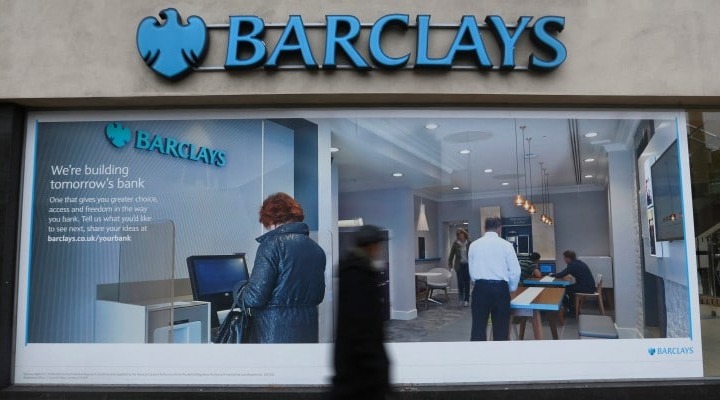The British banking giant Barclays aims to achieve cost savings of $1.25 billion. Consequently, the bank plans to lay off up to 2,000 people and part ways with thousands of investment banking clients who have relatively low capital.
Barclays Seeks $1.25 Billion in Savings
Barclays aims to increase revenue and drastically cut costs, a move first reported last week by Reuters. Insiders disclosed that up to 2,000 jobs could be at risk, primarily within the back office of the British bank, Barclays Execution Services (internally known as "BX").
The current CEO of Barclays, C.S. Venkatakrishnan, is looking for savings as investor confidence in Barclays has declined during his tenure. The company's stock market valuation has fallen by nearly 30%, far from its 2022 peaks.
Layoffs at Barclays were already talked about at the beginning of this year. However, the institution planned to lay off 100 employees from the investment banking division back then. The current cuts are supposed to be much more serious.
This week, new reports about Barclays' cost-saving plans have emerged. The Financial Times reported that as part of the "Minerva" project, the company might shed many of its investment banking clients.
Cutting Off the Least Attractive Clients
According to the latest reports, Barclays is considering either dropping thousands of investment banking clients or raising capital to take over a business that manages assets. If the plan to part with some clients is implemented, Barclays could end relationships with over 2,500 consumers from a group of more than 10,000 clients.
Barclays uses an internal client management system called "Hector", which assigns diamond, platinum, and gold statuses to the most profitable ones. The rest are classified as silver: those who only transact with Barclays sometimes or whose scale is insufficient to achieve a satisfactory profit.
The Barclays’ investment banking sector has been targeted because it has grown substantially and currently accounts for two-thirds of its total risk-weighted assets. Reducing investment banking assets would mean more funds for shareholders through dividends and buybacks, thereby increasing their satisfaction and share price.
The Financial Times suggests that if the process is conducted decisively, shedding clients could free up over $20 billion in risk-weighted assets at a cost of just under 10% of the division's total revenue.
Since 2022, the banking industry has witnessed a series of mass job cuts. In June, the CEO of UBS suggested that following the acquisition of Credit Suisse, similar cuts may also await his institution.


















